Julius Frost
Explaining Reinforcement Learning Policies through Counterfactual Trajectories
Jan 29, 2022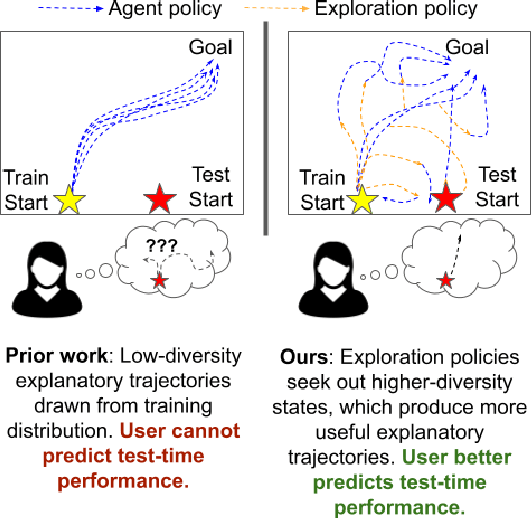
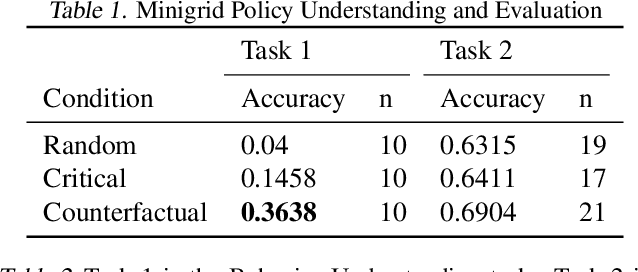
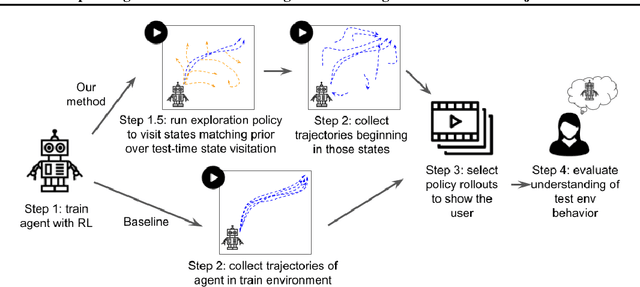
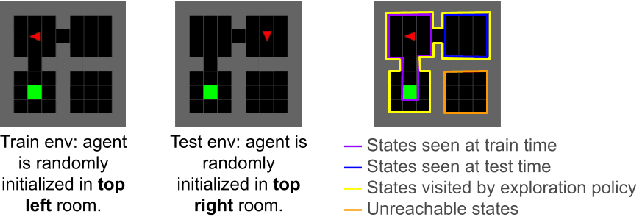
Abstract:In order for humans to confidently decide where to employ RL agents for real-world tasks, a human developer must validate that the agent will perform well at test-time. Some policy interpretability methods facilitate this by capturing the policy's decision making in a set of agent rollouts. However, even the most informative trajectories of training time behavior may give little insight into the agent's behavior out of distribution. In contrast, our method conveys how the agent performs under distribution shifts by showing the agent's behavior across a wider trajectory distribution. We generate these trajectories by guiding the agent to more diverse unseen states and showing the agent's behavior there. In a user study, we demonstrate that our method enables users to score better than baseline methods on one of two agent validation tasks.
Shapeshifter Networks: Cross-layer Parameter Sharing for Scalable and Effective Deep Learning
Jun 18, 2020
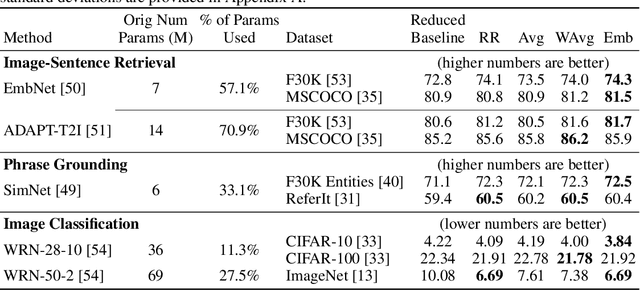

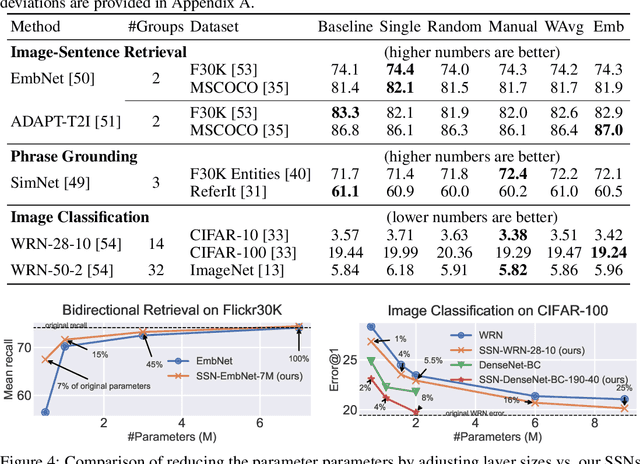
Abstract:We present Shapeshifter Networks (SSNs), a flexible neural network framework that improves performance and reduces memory requirements on a diverse set of scenarios over standard neural networks. Our approach is based on the observation that many neural networks are severely overparameterized, resulting in significant waste in computational resources as well as being susceptible to overfitting. SSNs address this by learning where and how to share parameters between layers in a neural network while avoiding degenerate solutions that result in underfitting. Specifically, we automatically construct parameter groups that identify where parameter sharing is most beneficial. Then, we map each group's weights to construct layers with learned combinations of candidates from a shared parameter pool. SSNs can share parameters across layers even when they have different sizes, perform different operations, and/or operate on features from different modalities. We evaluate our approach on a diverse set of tasks, including image classification, bidirectional image-sentence retrieval, and phrase grounding, creating high performing models even when using as little as 1% of the parameters. We also apply SSNs to knowledge distillation, where we obtain state-of-the-art results when combined with traditional distillation methods.
 Add to Chrome
Add to Chrome Add to Firefox
Add to Firefox Add to Edge
Add to Edge